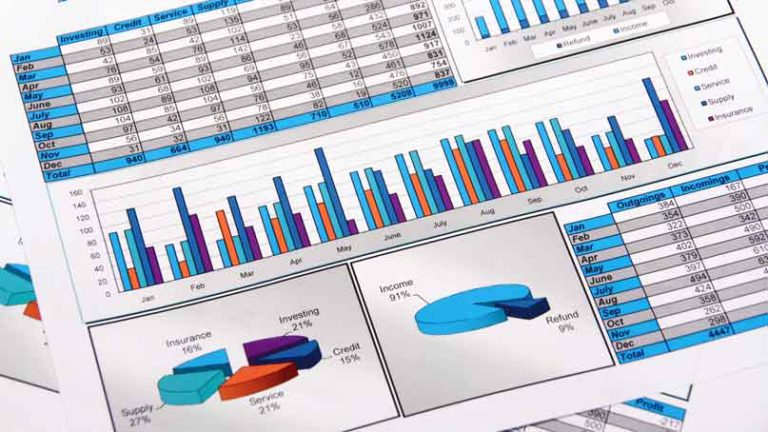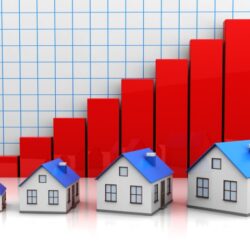How are you determining (without MLS in CR) the value of the home? They ask for $400K just because they believe it is worth that price point. Most don’t seem to have a P&L to back ROI.
– Dom
Yes, it’s true that there is no MLS, or Multiple Listing Service, in Costa Rica, so there isn’t a one-stop information site to learn at what prices properties sold for, what they were originally listed for and how long they were on the market. Whether you’re a seller trying to price competitively for a sale or a buyer trying not to overpay, you want that MLS data!
We certainly wanted MLS data when we were buying a few years ago and still want it, now that we’re potentially selling. However, since it doesn’t exist as a one-stop site, we’ll have to get information another way.
Visit the main real estate agency websites and create your own MLS
In the months that we were researching what to buy, I regularly scoured the websites of real estate agencies active in our target markets and created an Excel spreadsheet of the property address or description, square footage, beds and baths, HOA dues, year built and of course asking price. I wouldn’t know how long things were on the market, except if I had coincidentally stumbled on a new listing. I also wouldn’t know if things had been originally listed higher and then marked down. However, as incomplete as the list was, it still gave me a sense for the range or current prices, how prices might change (or not) based on square footage or other factors. For selling purposes, we’re still reviewing similar data, except with a different lens – i.e., this time we’re looking at how our properties compare and what the listing prices seem to suggest we could list for.
Crowdsource the information from locals
In addition to looking at published listings, we spoke to as many people as we could. We hired a real estate agent who was a longtime resident and who seemed to know everyone. (The third property she sold us was a pocket listing that we were able to get under contract before it was ever listed). For selling purposes, we’re asking about recent sales – not just the prices, but also what concessions were made, such as seller financing or renovations, how long it took to get under contract and if there were multiple bids. Word of mouth is also incomplete, but coupled with the published info, it gives a little more color.
Run the numbers based on what you want from the property
In Dom’s case, he mentions wanting a P&L for his $400k potential purchase, which suggests that he’s looking at the property as a rental investment play. The price data from an MLS is just one input, however. You would also need rental prices, occupancy rates, and maintenance and other expenses, in order to calculate the rental P&L. You also need to know your own plans for the property, like how long you plan to hold it, how active you want to be in managing it and how much risk you’re willing to take. (I wrote more about running your numbers in an earlier post, answering another reader question on how likely is a 10% ROI.) For selling purposes, we’re looking at how much we have already spent on the property, how much it will cost to get it ready for sale, how much (if any) rental income we have to forego while it’s on the market and what we would do with the proceeds instead of just holding onto the property.
Lack of an MLS is inconvenient but not a deal-breaker to transacting real estate in Costa Rica
Costa Rica has regulated titling of property. The currency is stable, and real estate is transacted in US dollars anyway. You can check that a lot has water rights or is set up for utilities. Without an MLS, you may not have complete pricing data, but neither does anyone else. Since everyone is working from incomplete information, if you’re good at researching, your skill may be an advantage you can exploit.


 We are Scott and Caroline, 50-somethings who spent the first 20+ years of our adult lives in New York City, working traditional careers and raising 2 kids. We left full-time work in our mid-40’s for location-independent, part-time consulting projects and real estate investing, in order to create a more flexible and travel-centric lifestyle.
We are Scott and Caroline, 50-somethings who spent the first 20+ years of our adult lives in New York City, working traditional careers and raising 2 kids. We left full-time work in our mid-40’s for location-independent, part-time consulting projects and real estate investing, in order to create a more flexible and travel-centric lifestyle.  Financial independence and early retirement is not something we originally focused on, but over time realized it was possible. Our free report,
Financial independence and early retirement is not something we originally focused on, but over time realized it was possible. Our free report, 






